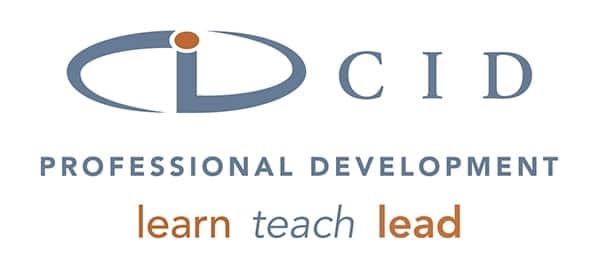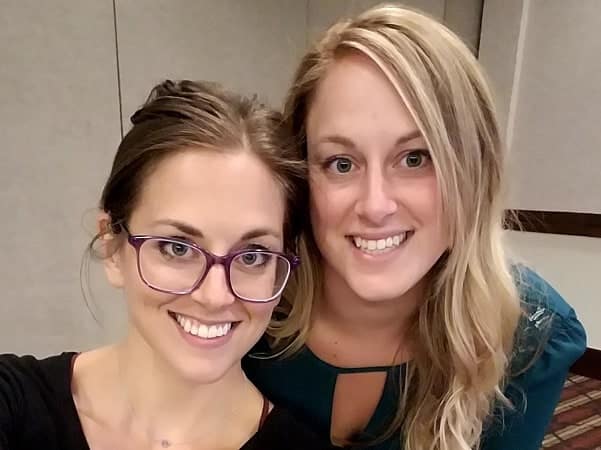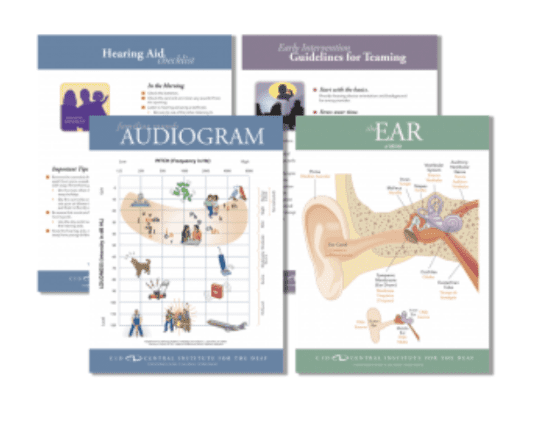As promised, here is the next post in our series featuring Sam Kesteloot, CID’s audiology extern! In the previous post, Sam shared about her journey from diagnosis through high school. Now we get to learn about her transition to college and starting her career as an audiologist.
Q: When did you realize you wanted to become an audiologist?
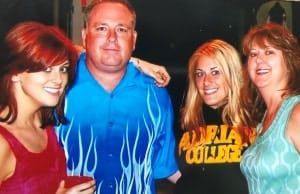
Once home, I began working as an educational audiologist’s assistant for a rural school district. My supervising audiologist saw a spark in me and encouraged me to pursue a doctorate in audiology. I completed the pre-requisite classes, applied at various programs and chose to accept a position in Wayne State University’s audiology program.
Part of this audiology program requires completing a year-long externship, which I was fortunate to be able to complete at CID. It was an amazing experience to be surrounded by children with hearing loss and a wonderful staff supporting them. Even as an adult, there was a weight lifted off my shoulders when I walked into CID.
Q: You received a cochlear implant while in graduate school. What was the transition from hearing aids to a cochlear implant like?
A: It was hard, even as an audiology student who was well-informed about the risks and the work it would take to transition from hearing aids to a cochlear implant! It was a true test of patience. I received an implant at my left ear, and immediately after surgery the left side of my head felt heavy and the inside of my ear felt sloshy. I had an easy, uneventful recovery. I could tell that my residual hearing had worsened, so that gave me anxiety and a bit of grief. As an adult, a lot of what I felt was anxiety about if my physical healing experience was on track or not. To calm my nerves, I emailed my audiologist and doctor a few times in the weeks leading up to activation and was active on a lot of Facebook forums.
The initial activation was anti-climactic for me, which I was actually expecting since I had some access to sound my entire life. I was, however, not ready for the overwhelming inundation of foreign sounds that came afterward. In the first few weeks, listening with my implant was almost a physical feeling of “too much.” I would wince because I was so overwhelmed with sound. Every morning before putting the implant on, I would have to take a deep breath, give myself a pep talk and remind myself of why I got the implant. In the clinic, any bit of background noise was incredibly distracting. I found myself getting frustrated because I was struggling to understand what all these new sounds were! Soon though, frustration was replaced with moments of awe as my brain began to make sense of the new information it was receiving. I could hear my dog walking on the wood floor. I realized that makeup brushes made noise when applying blush. I heard pop fizzing for the first time. I learned what the chitter of a squirrel sounded like. My friends and colleagues noticed my speech was becoming clearer, too! After about 5-6 months of wearing my implant full-time, something clicked. I was listening with more ease, understanding better in noise and overhearing conversations around me. After having my implant for two years, I have grown to prefer it over my hearing aid. I feel like my implant has allowed me to shed a lot of the isolation I felt growing up. I can have conversations in noisy places and follow social banter a bit easier now. It’s not perfect and I still miss some information, but I am so appreciative of how much better I am able to understand the sounds around me.
Q: It’s graduation time for you and for CID! What advice do you have for children who are deaf and hard of hearing entering a mainstream setting?
A: My advice to CID graduates and any student with hearing loss is to build confidence and resilience in who you are! Have a script to explain your hearing loss, your devices and the needs you have to your classmates and to your teachers. A lot of the negative or uncertain feelings that we have can be cleared up by helping others to understand us better. Accept your hearing loss and devices as part of you, but also know they are not all of you! You can participate in sports, you can join clubs, you are smart, capable and able to do whatever you set your mind to. If you start to feel lonely, reach out to your CID friends or find ways to stay connected with other kids that have hearing loss.
————————-
Thank you, Sam, for sharing your story with us, and congratulations on earning your doctorate degree in audiology! We are excited to hear about your future endeavors as you head back to Michigan and work as an educational audiologist in a public school setting.
Please continue to follow this blog series to learn more about Sam’s journey through the eyes of her parents and twin sister!
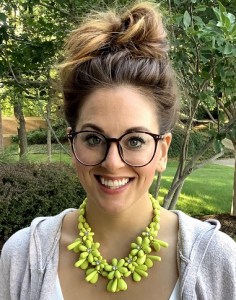
Sam Kesteloot, AuD, received her doctoral degree in audiology from Wayne State University. She recently completed her externship at CID-Central Institute for the Deaf and has accepted a position as an audiologist in the Trenton School District in Michigan.
Interview conducted by Jessica Klein, MS, CCC-SLP
